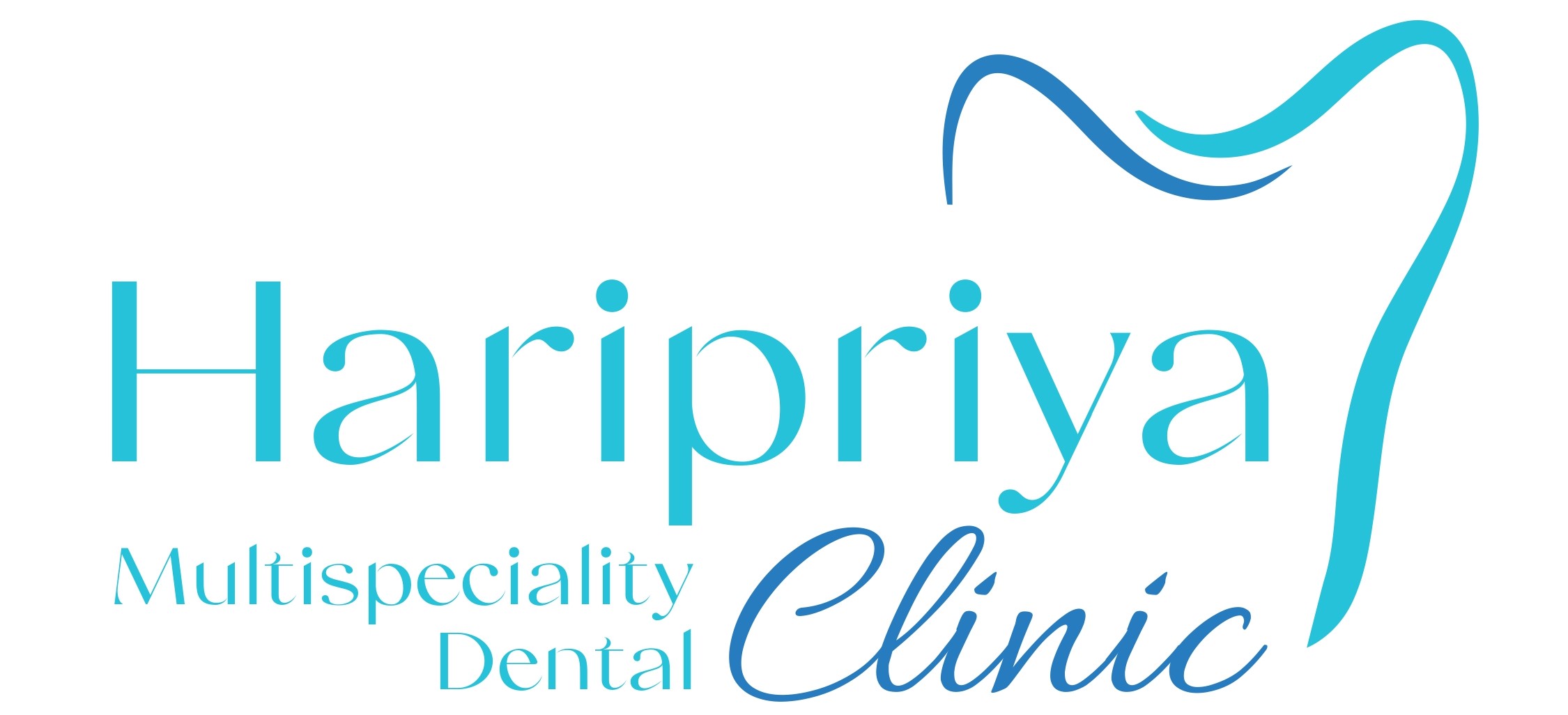Gingival recession, commonly known as receding gums, is a widespread dental condition affecting people’s oral health. Maintaining healthy gums is vital, not just for a bright smile but also for overall wellness. Many adults are unaware that gingival recession can lead to significant dental issues if left untreated. By the age of 65, nearly 88% of adults show signs of gum recession to some degree. Understanding this condition is essential for everyone. Yet, it’s often overlooked until symptoms become severe. So let’s tackle this issue head-on by discussing its causes, recognizing early signs, and exploring effective solutions. Proper knowledge is the key to preventing and managing gum issues, contributing to better oral health.
Understanding Your Gums and Gingival Recession
Gums, or gingiva, play a pivotal role in oral health by protecting our teeth roots and ensuring a firm attachment to the teeth. When gingival recession happens, the gums start to wear away or pull back, exposing more of the tooth or its root. There are two types of recession:
- Localized recession: Affects just one or a few teeth.
- Generalized recession: Involves multiple teeth or even the entire mouth.
Both types can lead to sensitivity and vulnerability to decay. Recognizing the difference between these will help in seeking appropriate care without delay. Healthy gums act as a strong, protective barrier, so their condition is crucial for securing teeth in place. Being proactive about gum health can keep your smile intact throughout life.
Discovering the Causes and Identifying Early Symptoms
There are several common causes behind gingival recession. These include:
- Periodontal disease: This is an infection of the gums that damages the tissue.
- Aggressive brushing: When brushing too hard, it can wear down the enamel and injure the gums.
- Lifestyle choices: Habits like smoking can also increase the risk.
Early signs usually involve:
- Increased tooth sensitivity to hot or cold foods.
- Exposed tooth roots becoming more visible.
- Changes in the gum line or noticing it’s pulling back.
If you experience these symptoms, it’s important to consult a dental professional promptly. Early intervention can prevent further issues and more intensive treatments. Keeping track of these signs helps you stay on top of your gum health and can offer peace of mind.
Exploring Treatment Options and Prevention Strategies
For gingival recession, there are both non-surgical and surgical treatments available. Non-surgical treatments might include:
- Scaling and root planing: A deep cleaning to remove plaque and tartar.
- Antibiotics: Used to kill bacteria in our gums.
Surgical options are generally considered when more severe intervention is needed:
- Gum grafts: Tissue is taken from another source and used to cover an exposed root.
- Pinhole surgical technique: A less invasive method where gums are gently shifted to their original position.
Preventive measures are just as important:
- Use a gentle toothbrush and be mindful of your brushing technique.
- Quitting smoking since it harms oral health.
- Regular dental check-ups to catch potential issues early.
The significance of prevention cannot be understated; it is much easier and cost-effective than treatment. Prevention combined with early detection will support long-lasting oral health.
Bridging Knowledge Gaps and Navigating Treatment Choices
There are many solutions when it comes to treating gingival recession. Exploring home remedies can be comforting and involve simple routines like saltwater rinses. But when it comes to addressing more severe symptoms, professional treatments are indispensable. Gingival health impacts our physical appearance and affects self-esteem. Receding gums can indirectly affect how we feel about our smile, which can impact social interactions. Seeking timely help can therefore protect not only oral health but emotional well-being. Remember, a healthy smile boosts confidence, which is just as important as any other health aspect.
The Path to Healthy Gums: Resources, Support, and Professional Recommendations
To ensure healthy gums, it’s essential to seek out the right resources and support. Look for reputable dental care that aligns with your needs. Having a trustworthy professional can make a significant difference in managing gingival recession. We recommend Haripriya Multispecialty Dental for their comprehensive expertise and patient care. They specialize in managing gingival recession and offer state-of-the-art treatments tailored to each patient. Their dedication to holistic dental health makes them a standout choice. They provide personalized care to every patient, ensuring all concerns and conditions are addressed with precision and understanding. By actively seeking professional help and maintaining good oral practices, you can keep your gums healthy and avert the complications associated with gingival recession. Healthy gums are a gateway to a healthier you, providing not just a great smile but confidence and wellness that radiates outward.

